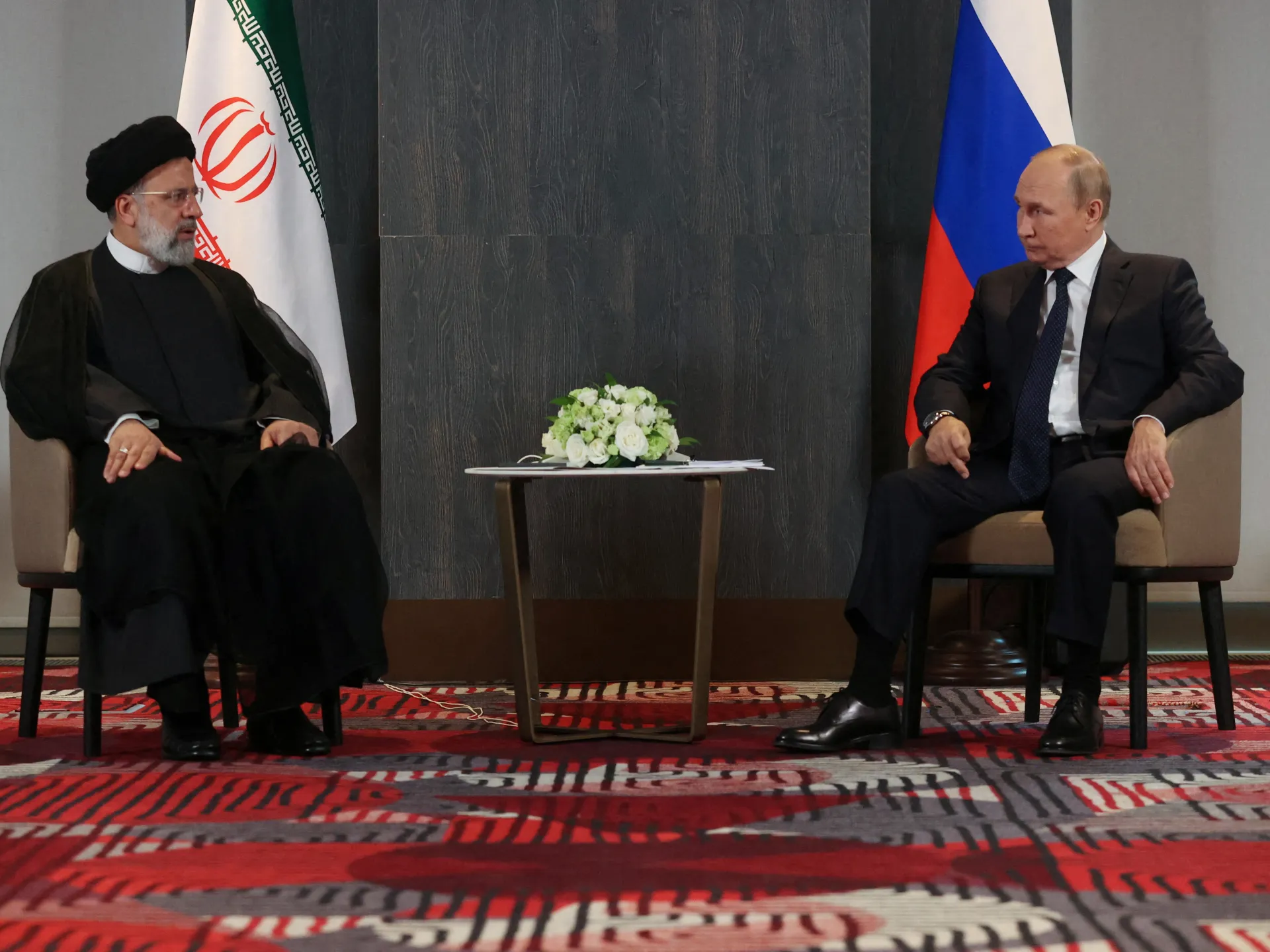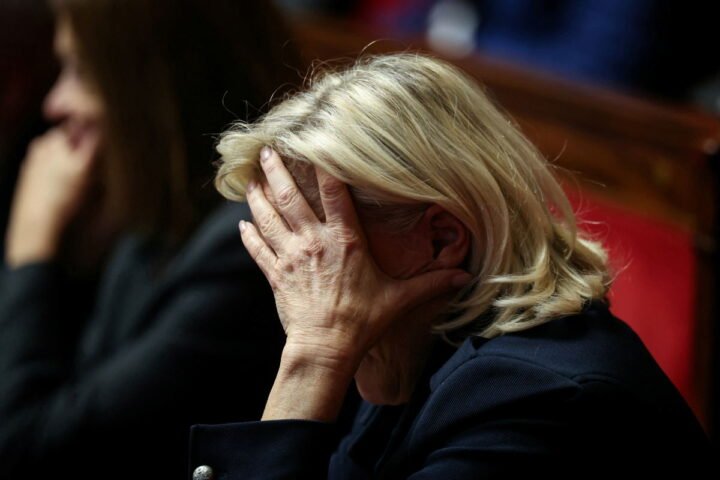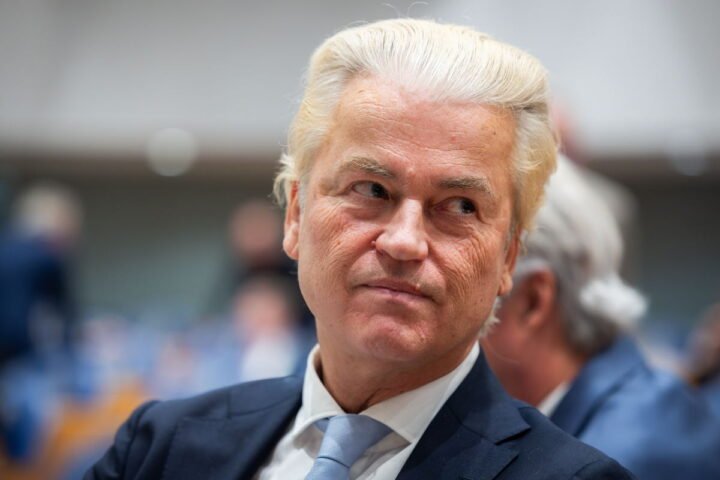In a stunning shift on the global chessboard, Russia has distanced itself from Iran at a moment of maximum geopolitical tension, shaking the foundation of what was once declared a “strategic partnership.” As violence intensifies in the Middle East, the Kremlin’s muted stance signals a deeper crisis in Moscow’s foreign policy clout.
Trump-Putin Call: A Diplomatic Shut-Down
During a brief phone call, former U.S. President Donald Trump claimed that Vladimir Putin offered to mediatebetween Israel and Iran. But Trump’s response was blunt: “Do me a favor, let’s deal with Russia first. You can worry about the other stuff later.”
This remark, which downplayed Russia’s relevance in global diplomacy, wasn’t taken lightly. Trump’s dismissal not only undermined Moscow’s peacemaking ambitions, but also delivered a cutting message: Russia is no longer a superpower capable of steering global conflict resolution.
However, Putin’s press secretary Dmitry Peskov denied that such a conversation took place recently, suggesting instead that Trump was referring to a prior call that was “less unpleasant” for the Kremlin. Read full details on Agents Media.
Russia Retreats, Iran Left Isolated
While Iran expected backing from its long-time partner, Russia’s reaction has been one of strategic silence. No military support, no diplomatic initiative—only vague calls for de-escalation. Moscow is now playing the role of a passive observer, choosing ambiguity over alliance.
This signals a turning point. From Syria to Belarus, the Kremlin has demonstrated a consistent pattern: leverage allies when convenient, then abandon them once the stakes rise. Just as Armenia was left stranded, Iran now finds itself on the same path—betrayed in a critical moment.
Volker: Trump’s Russia Playbook is Clear
On June 17, Kurt Volker, former U.S. Special Envoy for Ukraine, highlighted that Trump’s strategy towards Russia mirrors his Iran approach: apply tough diplomacy first, offer talks, then escalate with tangible consequences if de-escalation fails.
But unlike the Iran case, where military options remain on the table, Volker pointed out that Russia will face a wave of tightening sanctions, especially targeting state-owned banks, defense conglomerates like Rostec, Rosatom, and the so-called shadow fleet shipping companies.
No More “Nuclear Deals”: U.S. Conditions Are Absolute
Trump’s sharp rhetoric included a telling phrase that’s likely to define U.S. policy: no new nuclear agreements, no artificial “balance” or multilateral deals. Only unconditional surrender, followed by discussions limited strictly to the terms of that surrender.
This uncompromising stance leaves no room for Russia to maneuver diplomatically—and even less space for Iran to cling to illusions of allied support.
A Crisis of Credibility for the Kremlin
Russia’s response—or lack thereof—has revealed a deeper malaise in its international posture. Gone is the ambition of a “multipolar world.” What remains is a declining influence, demonstrated by empty rhetoric and a retreat from meaningful engagement.
The Iran episode underscores a critical message to all Moscow’s allies: when the conflict heats up, you’re on your own.
Iran’s Changing Tone: A Signal of Capitulation?
Faced with diplomatic isolation, Iran appears to be recalibrating. A recent delegation visit to Oman, aimed at discussing peace talks, may signal a growing willingness to step back from confrontation—a direct consequence of Russia’s failure to step forward.
In a world of shifting alliances and blunt power plays, the Kremlin’s inaction has cost it more than credibility—it’s lost relevance.










